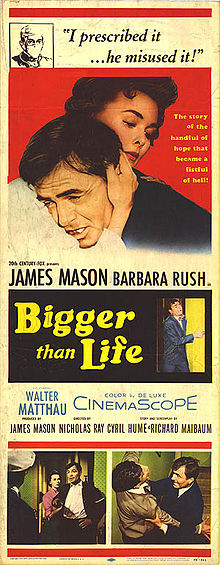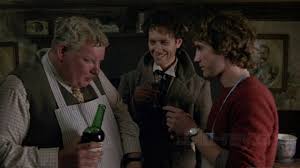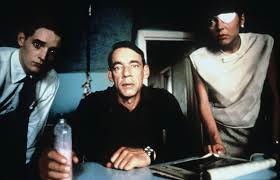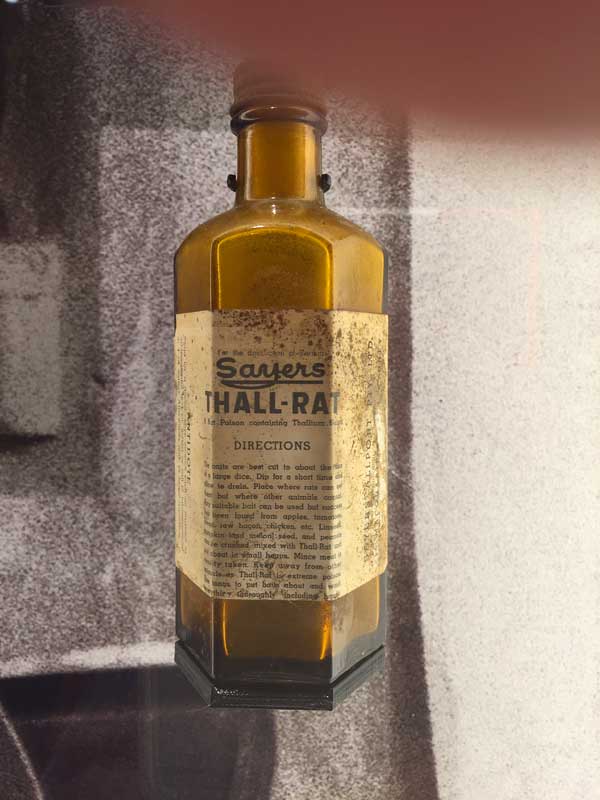The Varnished Culture's Thumbnail Reviews
Regularly added bite-sized reviews about Literature, Art, Music & Film.
Voltaire said the secret of being boring is to say everything.
We do not wish to say everything or see everything; life, though long is too short for that.
We hope you take these little syntheses in the spirit of shared enthusiasm.
Alexander Hamilton

(by Ron Chernow)
Definitive biography deals comprehensively with the life and work of the highly contentious Treasurer of the early republic. (It largely bears out Gore Vidal’s fictional portrait of him in Burr). Hamilton was fundamentally a pessimist in an optimist’s land, who wrote that its inhabitants were fit for chains, hoping only for gold ones.
[Update: In Vidal’s novel Burr, Hamilton, a powerful figure in the highly-charged early political days of the American Republic, is referred to as “that Creole bastard.” The record is redressed, better late than never, by Chernow’s fine work and a new musical by Lin-Manuel Miranda, in part based on the biography reviewed above. It takes a certain chutzpah to construct a musical around a Treasury Secretary – imagine an opera based on Peter Costello, Nigel Lawson or Tim Geithner – but this sounds like it might work. I’ve seen the extract of the show, linked above, and whilst I managed to squirm through “Cats” on Broadway many years ago, I must say that, albeit on the small sample shown, “I’m throwing away my shot” at an attendance. On the other hand, as our Guest Reviewer reports, Hamilton might be well worth while seeing.] Continue Reading →Bigger Than Life

(dir. Nicholas Ray) (1956)
Uber-normal 50s family has life turned on its head when Dad gets hooked on cortisone and starts wearing robes and a crown. It’s like The Brady Bunch meets Oliver Twist and it fairly crackles. James Mason’s great performance is almost too big for the film – you want him strait-jacketed only after he stabs everyone in the cast.
Continue Reading →Badlands

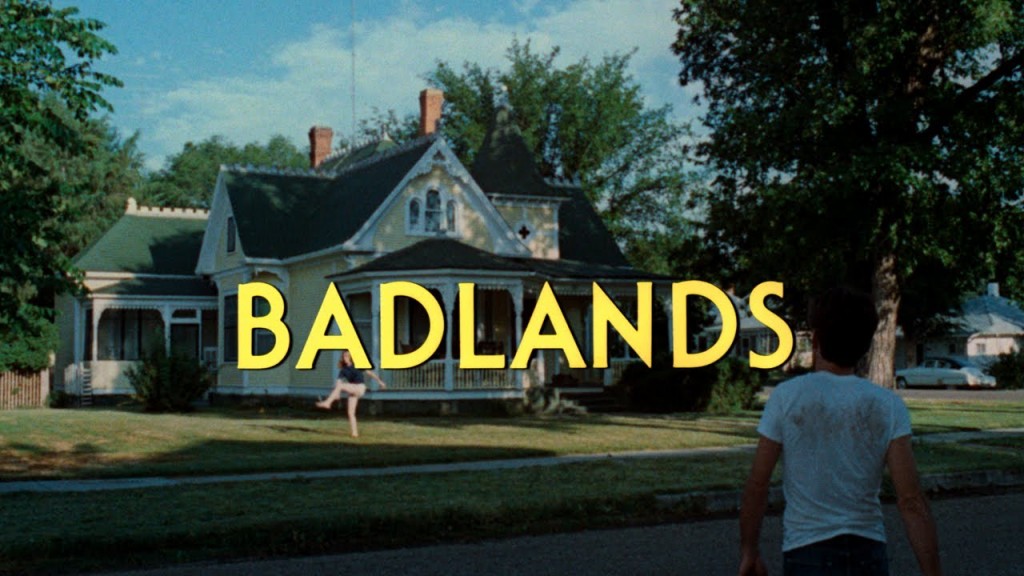 (dir. Terence Malick) (1973)
(dir. Terence Malick) (1973)
Bleak and stark it may be but there is a fairy tale quality in this sanitized, loose but compelling adaptation of the Starkweather-Fugate crime spree in Nebraska and Wyoming in 1957/8. Kit (Martin Sheen) and Holly (Sissy Spacek) brilliantly capture the sweetest, stupidest and deadliest couple since Bonnie and Clyde.
Holly’s girlish internal monologues are laugh-out-loud, close to the style of Stephen Leacock’s Memoirs of Marie Mushenough.
This is Malick’s magum opus.
Continue Reading →Accident

(dir. Joseph Losey) (1967)
Harold Pinter scripted from the novel by Nicholas Mosley: Dirk Bogarde covets his pupil’s girlfriend but lacks the courage to close in. Meanwhile his academic pal is already on the case. Everyone deserves censure and they know it. Moody, slow, richly complex, misanthropic and not-to-be-missed.
Continue Reading →Argo

(dir. Ben Affleck) (2012)
Competent, over-praised and ultimately futile defence of the Carter administration.
Continue Reading →Withnail & I

(dir. B. Robinson) (1985)
Perfect homage to the strange death of swinging London. Withnail, I and Uncle Monty et al emblematize La Bruyere’s epigram that self-indulgence and severity towards others is the same vice.
Looking up from our slim volume of Nigel’s poems, its pages stained with buttery tears from crumpets, we see the sky is beginning to bruise…home lads! To Vim under the sink and one bar on. (Look for more killer (and accurate) quotes from the film here).
[See “Vivian & I” by Colin Bacon (2010, Quartet Books) for Withnail’s prototype, Vivian Mackerrell.Vivian & I available at Amazon.com] [Trivia note: the writer director has put out a book, claiming to have solved the Jack the Ripper case. We’ve not read it, and the case is a little cold, but does Jeff Woad have an alibi?] [Further trivia note: we read with interest in “the Australian” 24/3/17, that Bob Odenkirk, in Sydney to promote a new series of Better Call Saul, when asked who was his favourite anti-hero, answered “I love Withnail & I. Does Withnail count?”] Continue Reading →
The Young Poisoner’s Handbook

(dir. Ben Ross) (1995)
1950s Britain never looked so dystopian and between his grotesque family and idiot prison psychiatrists, you find yourself wanting young Graham to keep getting away with it. Of course, with silly, smug, progressive psychiatrists like Dr Ziegler to let him loose and call him cured, he’s a shoe-in!
Continue Reading →

